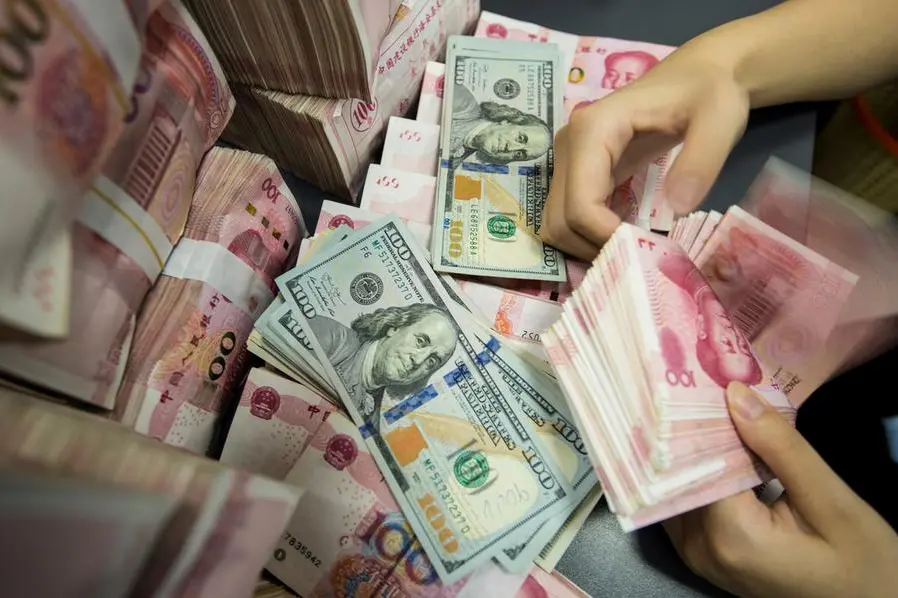PHOTO
The United States added 37 Chinese entities to a trade blacklist Thursday, including some companies accused of supporting a suspected spy balloon that flew over US soil last year.
The Commerce Department said it also took aim at those that sought to acquire US goods to advance China's quantum technology capabilities.
"These activities have substantial military applications and pose a significant threat to US national security," said the Commerce Department in a statement.
Companies added to the so-called "entity list" are restricted from obtaining US items and technologies without government authorization.
The latest additions over China's "high altitude balloon program" come after the Commerce Department added six Chinese entities to the trade restriction list in February 2023 over the balloon incident.
The balloon's days-long flyover from Alaska to South Carolina captured the attention of many Americans, before the US military shot it down off the country's east coast.
On Thursday, the Commerce Department added that certain targeted entities this time were linked to advancements in China's nuclear programs as well, or were "involved in the shipment of controlled items to Russia" after Moscow's invasion of Ukraine in 2022.
The latest update to the entity list marks a key step in addressing the challenges posed by China, said Under Secretary of Commerce for industry and security Alan Estevez.
"We must remain vigilant in our efforts to prevent entities such as these from accessing US technologies that could be used in ways that harm our national security," he added in a statement.
In response to the Commerce Department's move, Beijing said it has "always been firmly opposed" to the United States's entity list and the way it is used to "restrain and suppress" Chinese companies.
Foreign ministry spokesman Lin Jian told a press conference that China and Russia were entitled to carry out normal economic and trade cooperation without interference or restrictions.
"I'd like to stress that the United States has suppressed Chinese companies for a long time on the grounds of so-called risks to national security, but it has never been able to provide so-called evidence," he said.





















